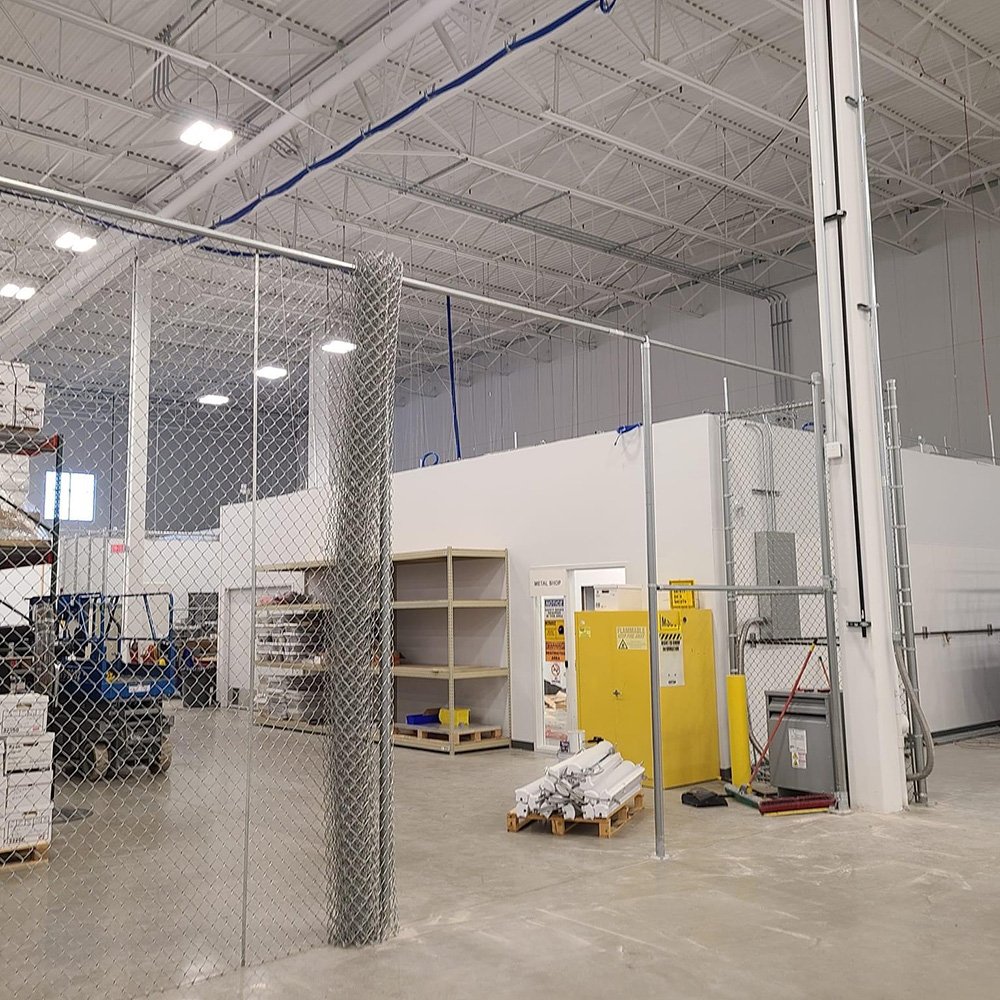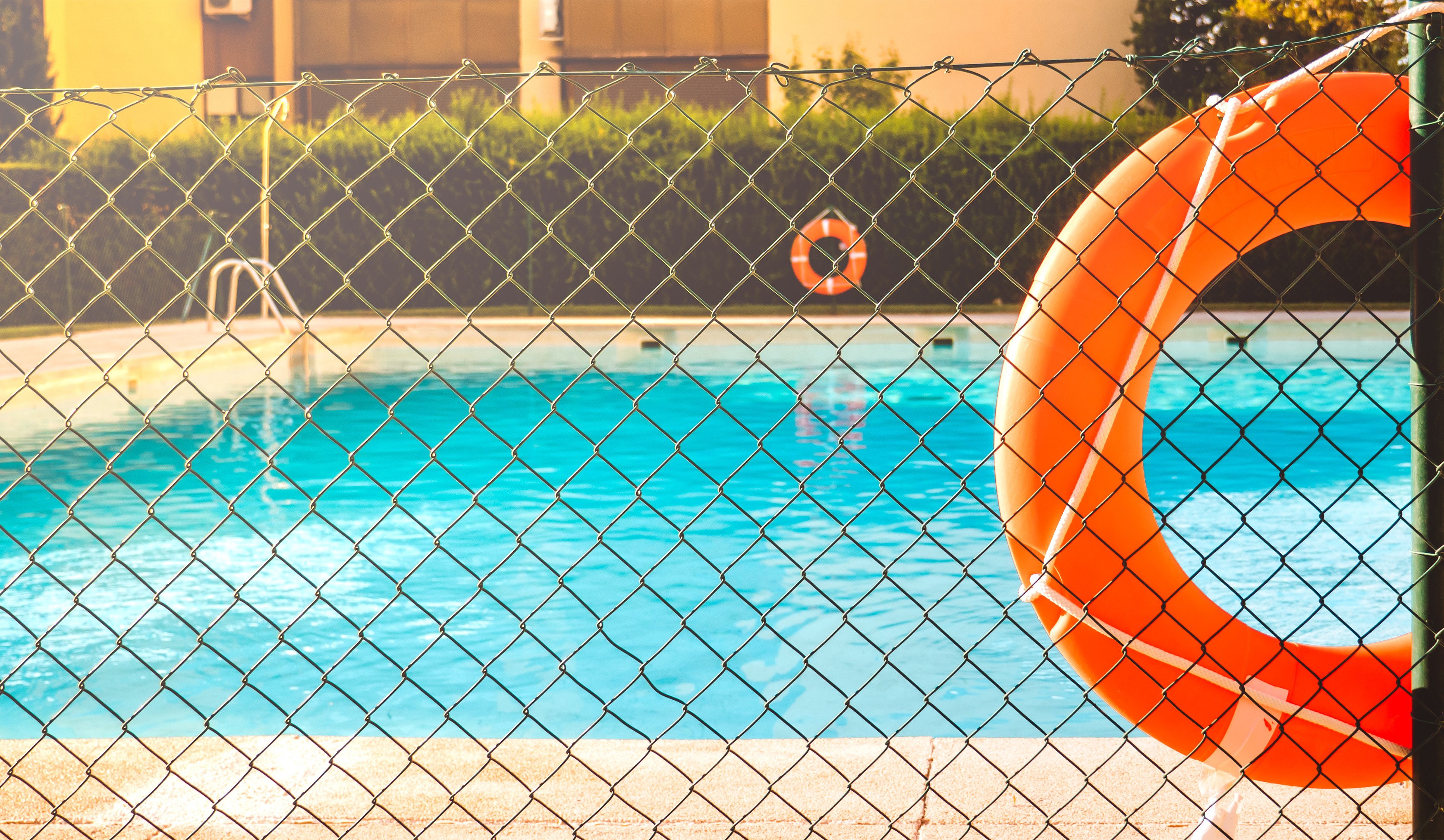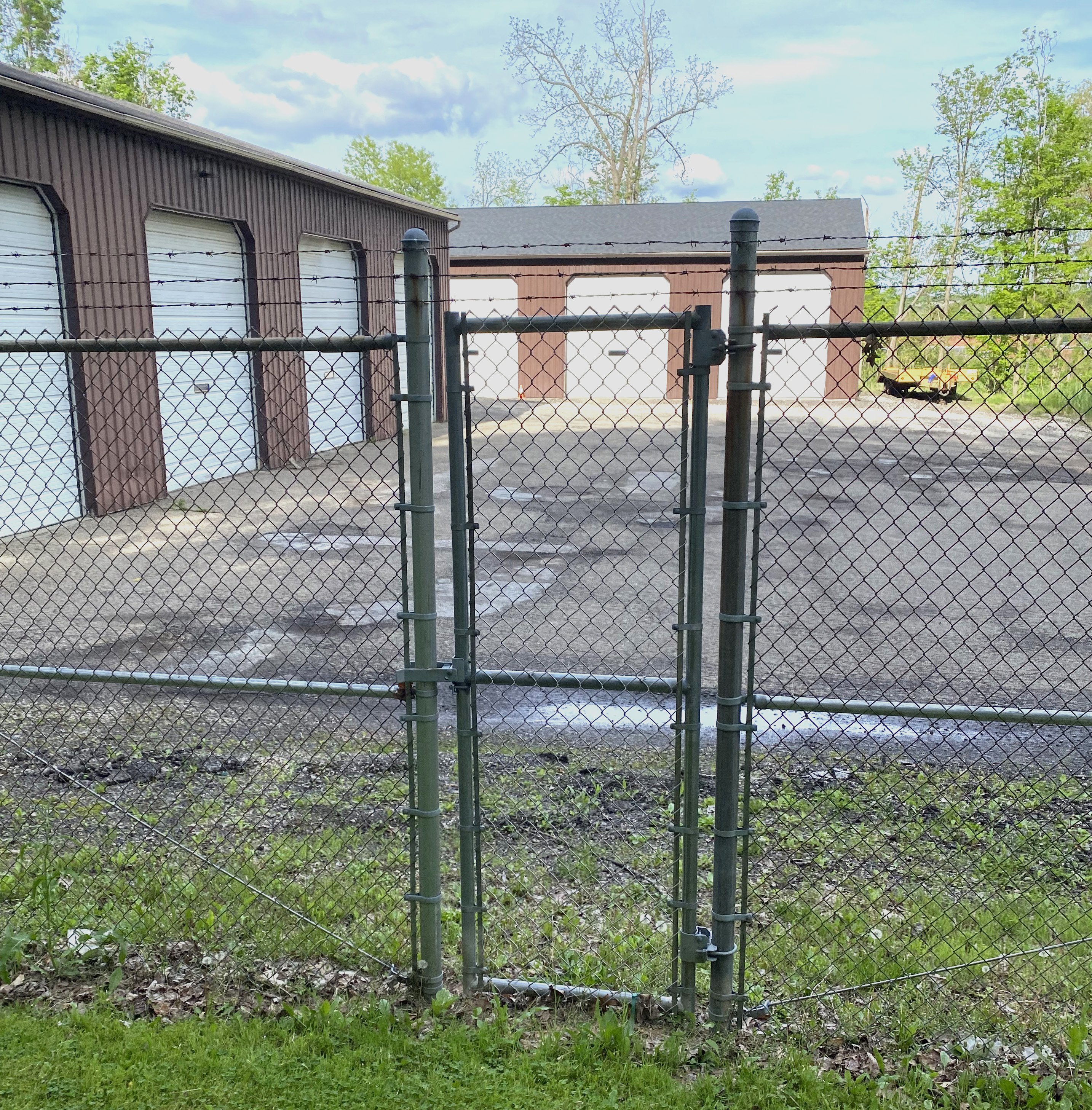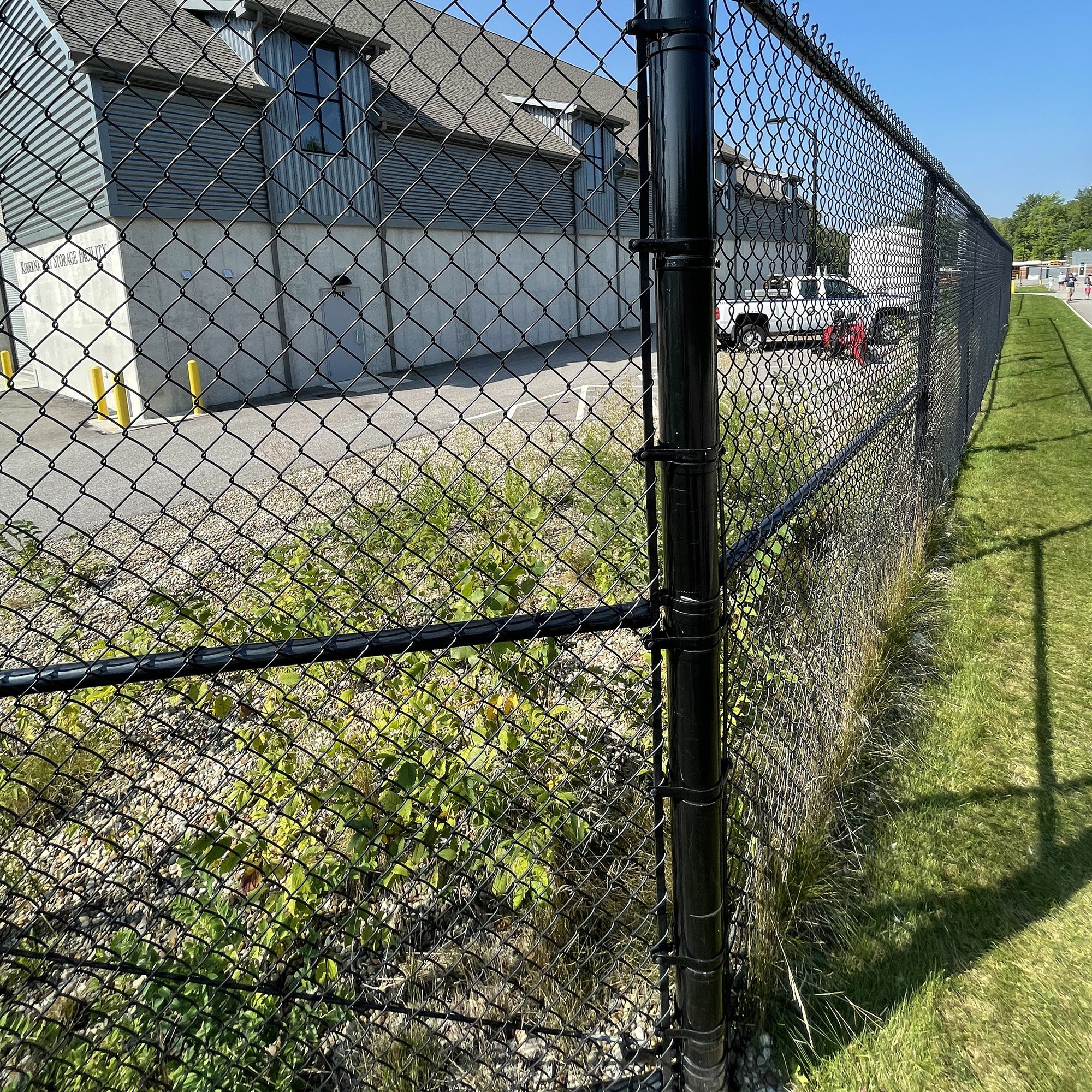PVC Coated Steel Chain Link Fence Fabric
What Are The Differences Between Class 1, Class 2A, And Class 1B PVC Coated Chain Link Fence Fabric?
Poly Vinyl Chloride coated steel chain link fence fabric can be broken down into three different types; Class 1 Extruded, Class 2A Extruded and Bonded, and Class 2B Fused and Bonded. Each has its advantages depending on the environment they're used in. PVC-coated chain link fence mesh is sometimes referred to as vinyl coated instead of PVC coated, however, both are correct, it just depends on the manufacturer's preference. Each class of coated chain link fabric can come in a variety of colors. Green, black, brown, and white are the most popular.
All of the PVC-coated fabric starts with galvanized wire. Starting with a galvanized wire is very important for chain link fences because the galvanization of the steel prevents corrosion and rust from penetrating the fence fabric, which will eventually degrade and weaken the structure. The process of galvanization involves dunking the freshly trimmed/cut steel wires into a bath of molten zinc. The zinc is what galvanizes the steel and gives it the protection it needs. Galvanizing is where the similarities in manufacturing each type of fence fabric coating stop.
Class 1 PVC Coated Steel Chain Link Fence Fabric - Extruded
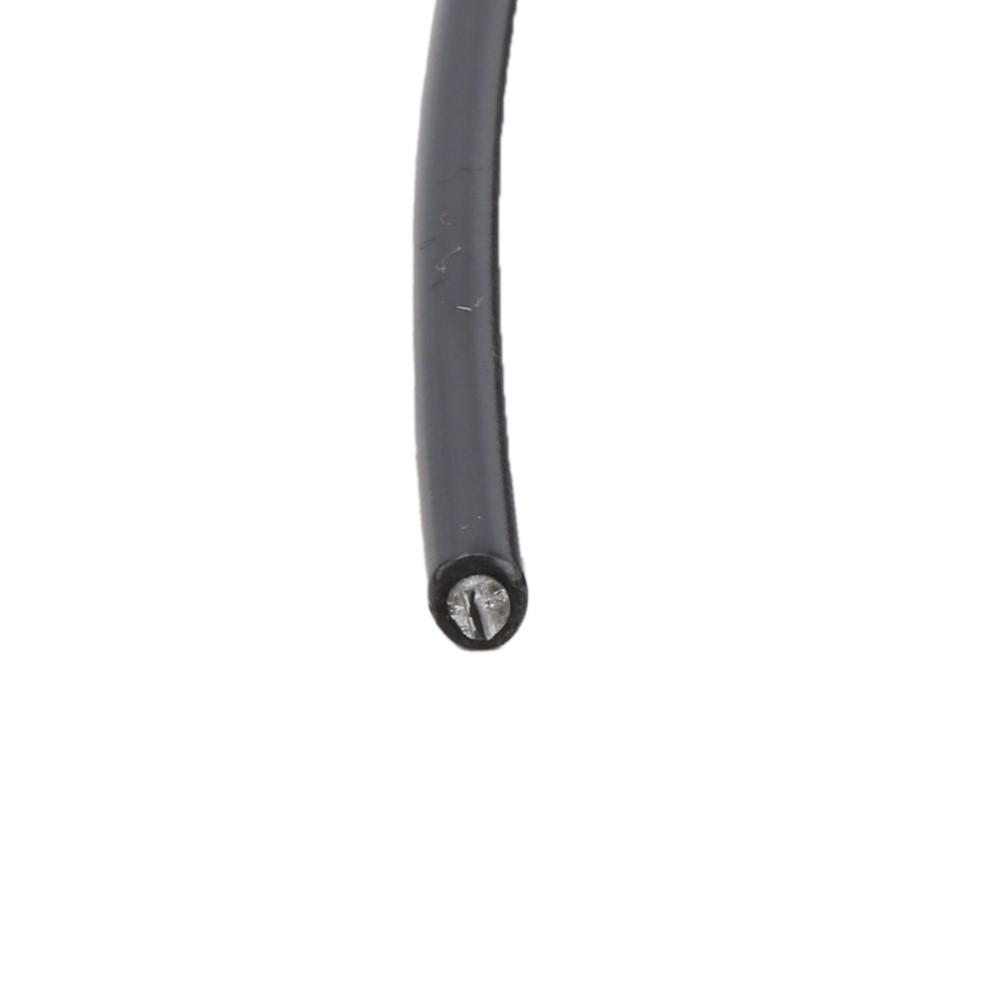
Class 1 PVC Coated Steel Chain Link Fence Fabric - Extruded
This type of coating is found primarily in residential fencing. It has the lowest cost and can last for 15 years in most environments. The manufacturing process is pretty simple. It all starts with cold-drawing commercial-grade steel rods into wire of the appropriate diameter. The wire is then passed through a bath of molten zinc. Once the wire has been galvanized, it is then coated in PVC (vinyl) with a thickness of up to 0.025" (0.64 mm). The wire is then twisted and woven into the chain link fence fabric that we already know. This creates a seal around the steel which adds to the protection of the zinc coating. Think of PVC-coated wire as having two layers of protection; the first layer being the PVC and the second layer being the zinc. This is a quick and cost-effective way to offer years of protection for a chain link fence.
Learn More
Class 2A PVC Coated Steel Chain Link Fence Fabric - Extruded & Bonded
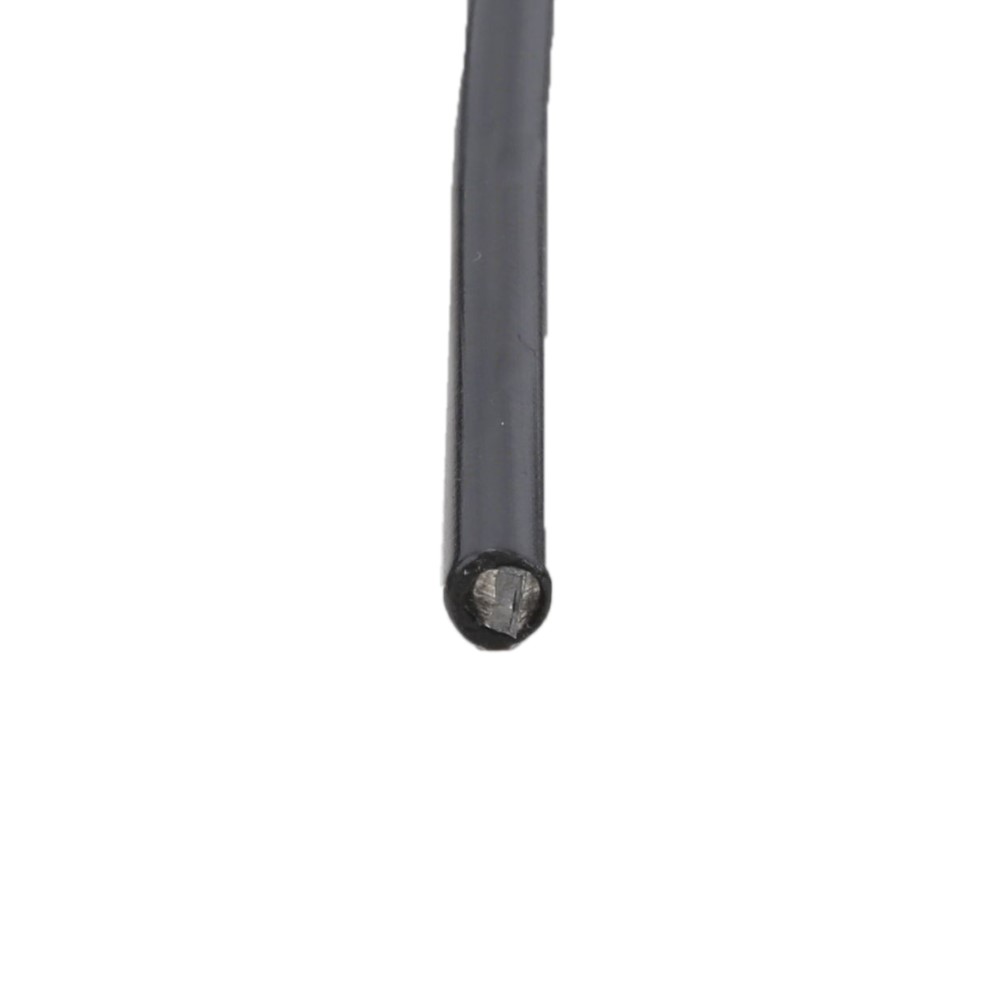
Class 2A PVC Coated Steel Chain Link Fence Fabric - Extruded & Bonded
The extruded and bonded class 2a coating is generally found in commercial settings. This coating is going to be a little more durable than class 1 due to the PVC coating being bonded to the steel fence wire. Just like the class 1 manufacturing process, it all starts with commercial-grade steel rods. The rods are cold-drawn into wire of the desired diameter. They are then galvanized with a zinc coating. After the zinc is applied, the manufacturer applies a molecular bonding agent to the wire. This additional agent eliminates slippage of the PVC coating. After the bonding agent is applied, the PVC coating is pressure bonded to the wire. After this step, the wire is twisted and woven into the diamond-shaped fabric. The vinyl coating has a thickness of up to 0.025" (0.64mm), just like the class 1 coating. The added bonding agent is the biggest difference so far between the classes. With this addition, the vinyl coating has a more durable bond to the chain link fence mesh.
Learn More
Class 2B PVC Coated Steel Chain Link Fence Fabric - Fused & Bonded
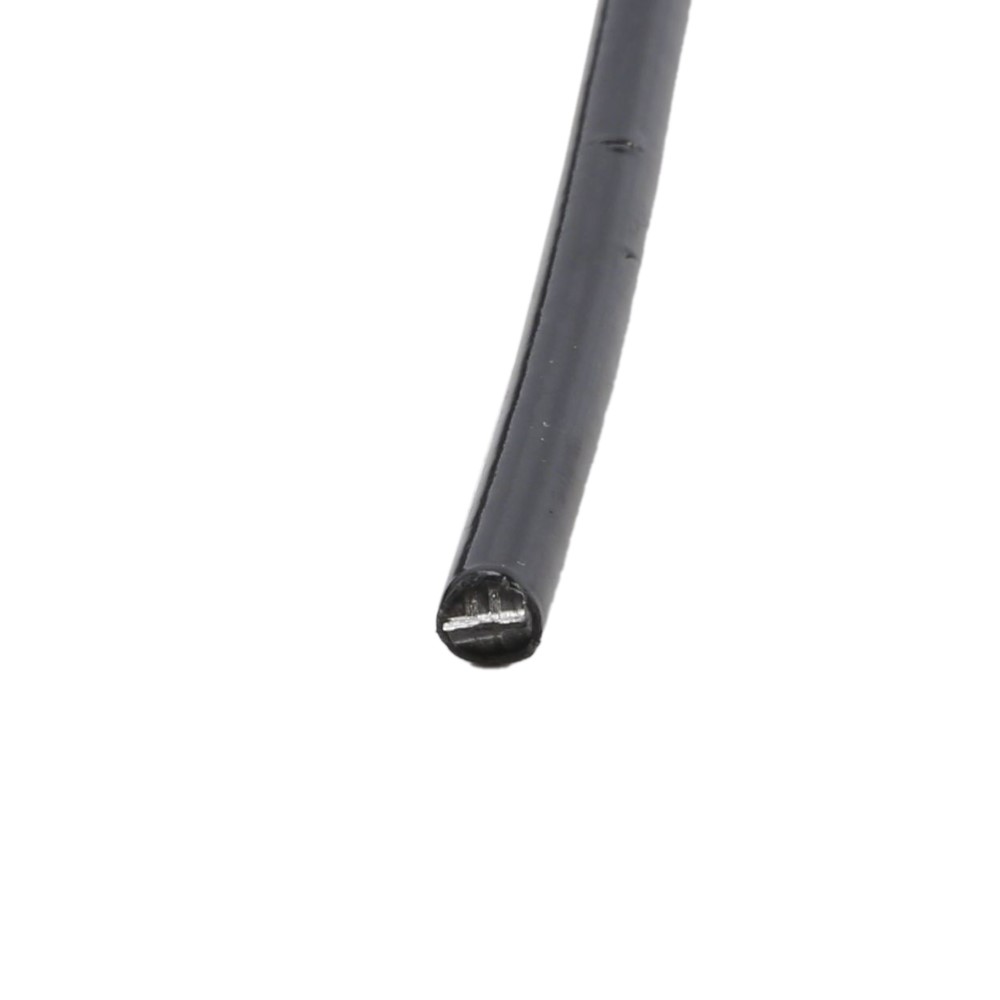
Class 2B PVC Coated Steel Chain Link Fence Fabric - Fused & Bonded
The last type of coated chain link wire is found in industrial and government settings where durability and reliability are key. The manufacturing process starts with commercial-grade medium/low carbon steel rods cut to diameter. The medium/low carbon content of the steel provides additional corrosion resistance compared to the standard steel rods in the previous two types. The wires are then galvanized with zinc. After the zinc is applied, a thermoset bonding agent is applied. Then, the PVC coating is fusion bonded to the wire. This creates a seamless bond between the wire and PVC coating. The coating is up to 0.015" (0.25mm) thick. This process ensures a smooth and lustrous surface appearance with an impervious coating free of voids. The wire is then spun up into the class chain link mesh that we know.
Learn More
Benefits Of PVC Coated Steel Chain Link Fence Mesh:
- Low-Maintenance
- Corrosion Resistance
- Mulitple Color Options
- Long-Lasting
- Highly Durable
- Low-Cost
Vinyl coating the wires that make up a chain link fence provide years of resistance to mineral acids, seawater, and dilute solutions of mostly salts and alkali. The corrosion and weather resistance lasts for upwards of 20 years, depending on the class and environment in which the fence is installed. Besides the durability, the multiple color options of the coatings will set your fence apart from other plain gray-colored fences. Consider choosing a vinyl-coated steel chain link fence fabric for your next fence project. If you have any questions or would like a quote on a fencing system for your property, contact one of our helpful representatives. We'll work with you to provide the best possible solution!

